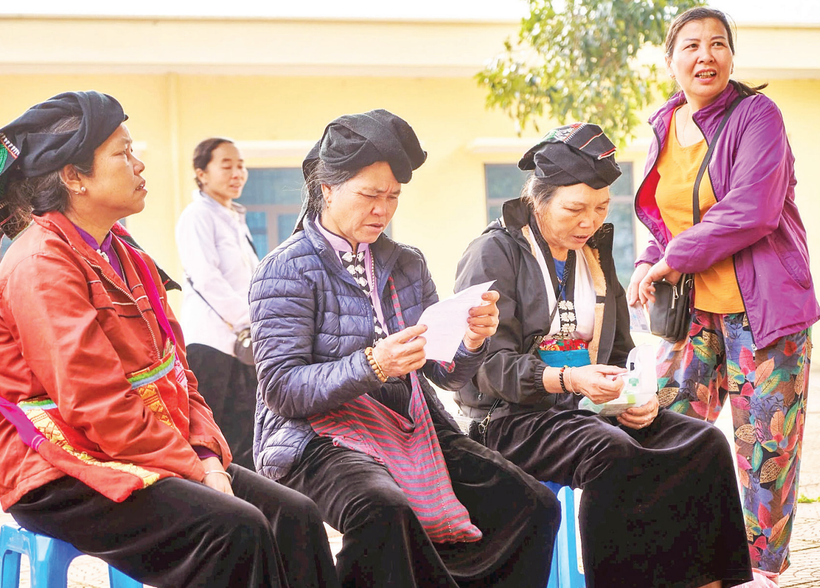
In some communes: Bao La, Tan Pheo, Da Bac, from 2020 to now, there have been six such classes opened, with 125 students, 100% female, ethnic minorities. They come to class for a simple reason: to know how to read, write their names, understand the words printed on pesticide bags or medical records.
Learn to know…
In the middle of the precarious mountainside villages, the classrooms are still lit up regularly, persistently creating an underground stream that changes the lives of ethnic minority women here. Around the end of 2020, in some highland communes such as Bao La, Tan Pheo, Da Bac... special classes were opened after each harvest season. The classes did not have the sound of school drums, only a few dozen Muong, Dao, and Thai ethnic women sitting together, attentively listening to the lecture on each first stroke of the letter.
At the age of 50, when many women in the village have settled down, Ms. Ha Thi Nhung, a Thai ethnic in Bao La commune, has started a new journey - learning to read and write. Before, every time she went to the health station or received support, she had to ask others to help her fill out paperwork. Sometimes, when the officer asked her to sign, she could only smile and use her finger to make a mark... "I was so embarrassed. I couldn't even write my own name," Ms. Nhung shared.
The opportunity came when the Bao La Commune Community Learning Center opened a literacy class in the evening, taking advantage of the time when people had finished harvesting their crops. The class was small, with only a long wooden table and notebooks that had turned yellow from the students’ hands. But for Ms. Nhung, it was a different world - where she began to recognize herself through each letter.
The first word she learned to write was her name. Then gradually, she learned to keep books, calculate the cost of raising chickens, and read animal feed labels. Things that she had to rely on her husband or children to do, she could now do herself. Not stopping at studying, Mrs. Nhung also actively encouraged three other sisters in the village to join the class. In that small hamlet at the foot of the mountain, Mrs. Ha Thi Nhung became a quiet person who lit the lamp of letters, not standing on the podium, but spreading faith through the changes in her own life.
“Continuing education after literacy” classes have been held in many highland communes and are a special community learning model, targeting ethnic minority women, who are easily left behind in the development process. Classes are often held in the evening or after the harvest season, when women are free, taking place in the village cultural house, community learning center, or even borrowed classrooms of primary schools.
There is no roll call in the class, no age distinction, the teachers can be retired teachers, women's union officials or people who have eradicated illiteracy and then come back to help the villagers. They patiently teach each letter and each number, not only so that students can remember but also confidently apply them in life.
The beginning of a new journey
Up to now, the communes of the former Hoa Binh province have achieved a female literacy rate of 99.81%, of which ethnic minority and mountainous women have reached 99.64%, far exceeding the target of 93% set in the National Strategy on Gender Equality for the period 2021-2030. This is not only an achievement in the field of education, but also the result of the persistent process of eliminating illiteracy, continuing education after literacy and building a sustainable community learning model.
However, literacy is not simply a destination, but the starting point for a long journey - a journey of empowering and building self-reliance for women. “When women know how to read and write, they can access information, understand their rights, take initiative in family finances and take care of their children. More importantly, they become inspirations for learning in their villages, where women used to be unfamiliar with writing and going to school, even considered “unnecessary”, said a representative of the Department of Continuing Education, Department of Education and Training.
Although the results are remarkable, the reality in the highland communes still poses many challenges. In some particularly difficult areas, maintaining the results after eliminating illiteracy is not really stable. Many elderly women who rely on the fields all year round, with little access to information, are still facing the risk of re-illiteracy. Many community learning centers are in a state of lack of funding, lack of teachers specializing in continuing education, and basic facilities.
But the good news is that the current figure does not stop at 99.64%, but fundamental steps are gradually being implemented to ensure that “literacy” is not just an achievement but must be the foundation for development. From 2025, Hoa Binh Pedagogical College has been assigned the task of including gender, gender equality and reproductive health content in the teacher training program.
Along with that, the role of community learning centers at the grassroots level is also expanding. From teaching literacy to guiding production skills, using digital technology, starting a business on the spot, etc. is a step that shows that education is not only about imparting literacy, but also about imparting new thinking.
From an initial literacy program, the province is gradually maintaining and developing “lifelong learning” to become a reality even in the most remote villages. And there, each literate woman, even if it is just a sentence, a line, is writing a brighter future for herself. Lighting up letters halfway up the mountain to kindle hope for a brighter, better future.
Dr. Le Van Son, Director of the Center for Gender, Family and Community Development Research, said: I think literacy classes for women are very important. When ethnic minority women know how to read and write, it will help them confidently access information and understand policies and legal regulations; proactively access production techniques, knowledge about health care and child education. Writing is a tool to help them improve their own value and contribute more to their family and community.
Source: https://nhandan.vn/nhung-lop-hoc-khong-tuoi-post910839.html




![[Photo] Soldiers guard the fire and protect the forest](https://vphoto.vietnam.vn/thumb/1200x675/vietnam/resource/IMAGE/2025/9/27/7cab6a2afcf543558a98f4d87e9aaf95)














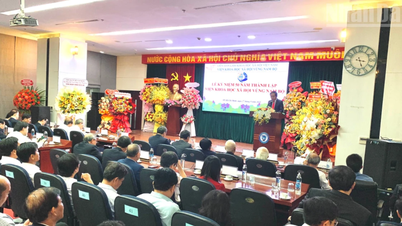
![[Photo] Soldiers guard the fire and protect the forest](https://vphoto.vietnam.vn/thumb/402x226/vietnam/resource/IMAGE/2025/9/27/7cab6a2afcf543558a98f4d87e9aaf95)


































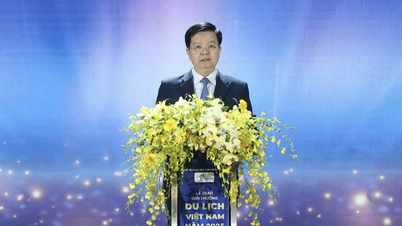


















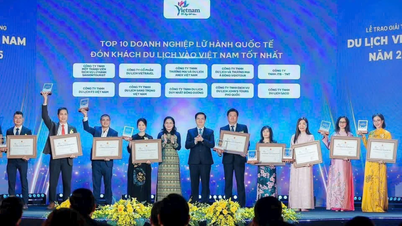



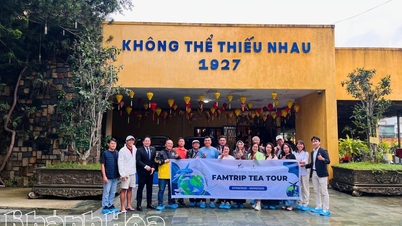
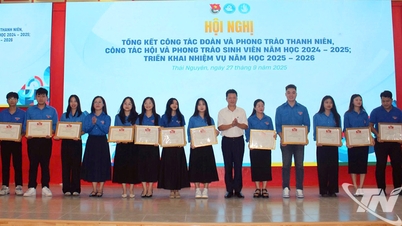

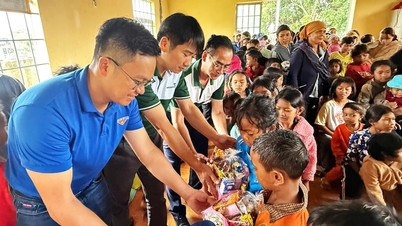













Comment (0)